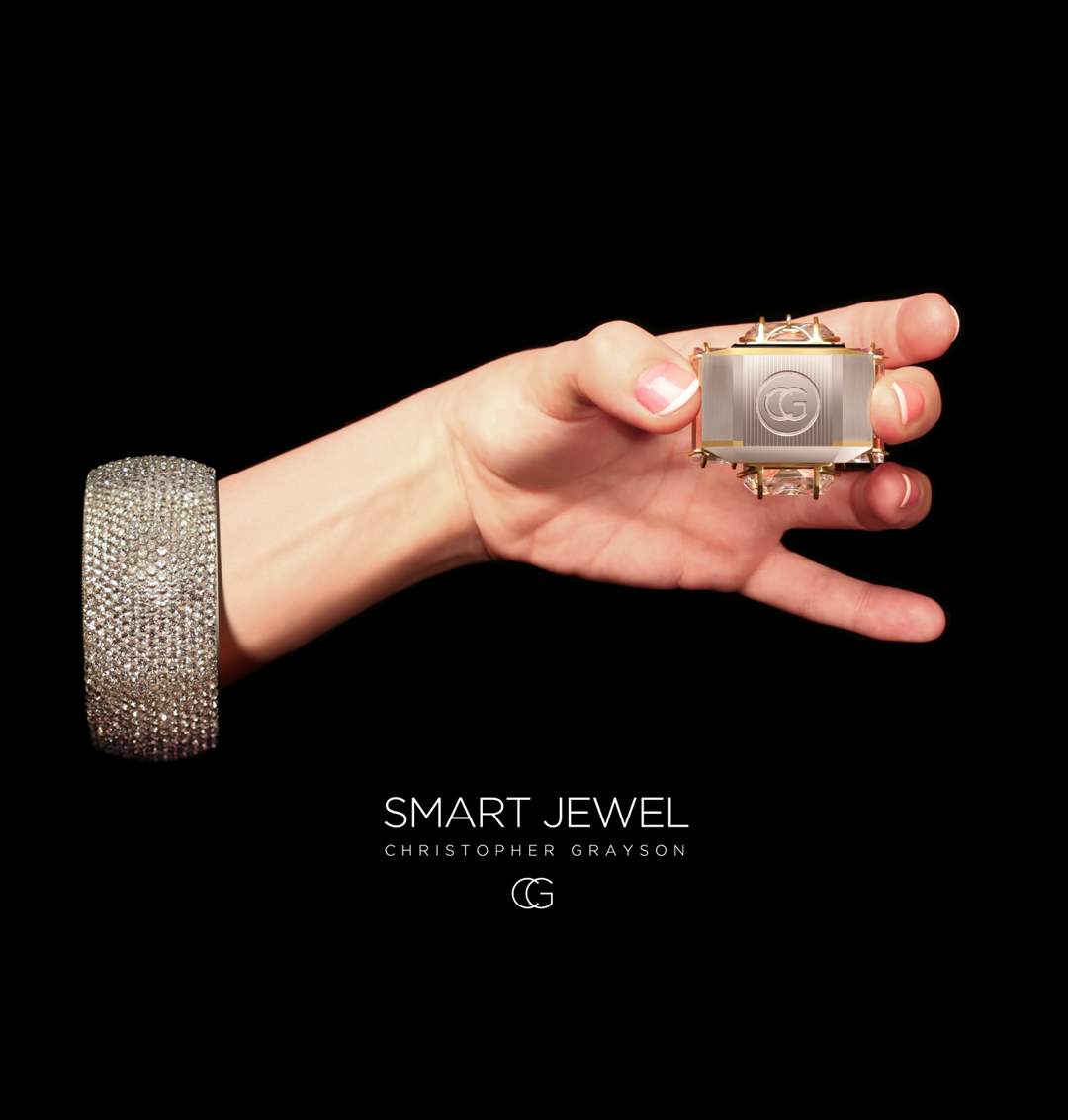Privacy, the ultimate luxury good.
 Monday, September 7, 2015 at 7:47PM
Monday, September 7, 2015 at 7:47PM 
We have a big week upon us.
For those in tech, this week is Apple’s September 9th Product Event, held at the Bill Graham Civic Auditorium, the largest venue ever used for an Apple product announcement, leading to much speculation in the press (Apple’s speciality).
For those in fashion, this week begins New York Fashion Week, the first season after parting ways with Mercedes Benz as sponsor, and leaving Lincoln Center as their venue (NYFW is now spread across Moynihan Station, Milk Studios, and Clarkson Sq.).
But the real news in wearable-tech already came last week with two big announcements:
1. Ian Rogers, the man ever so recently the CEO of Beats, has left Apple to accept the position of Chief Digital Officer at LVMH (Moët Hennessy • Louis Vuitton), the world’s largest luxury goods conglomerate.
2. Alphabet, the company ever so recently known as Google, has opened up Android Wear to iOS.
These are significant developments for many reasons, some of them interrelated.
LVMH is owner of the Tag Heuer brand of fine watches, who earlier this year announced a luxury smartwatch on the Android Wear platform. Given their customer demographic, LVMH / Tag Heuer would surely have preferred iOS integration rather than Android, as affluent buyers of luxury goods overwhelmingly use iPhones. However, just as Apple’s iOS platform is closed, it also offers no such wearable platform for third parties, only their own Apple Watch. By bringing iOS integration to Android Wear, Google / Alphabet has opened the platform up to a demographic they would never have access to with Android alone. This is something I’ve been calling for since Android Wear launched, and notably something Google would never have done pre-re-org, yet something I predicted last month would be one of the first results of the Google / Alphabet re-org.
As LVMH’s new Chief Digital Officer, Ian Rogers will report to CEO & Chairman, Bernard Arnault (France’s wealthiest man, at $37B), but he will likely work most closely with Jean-Claude Biver, LVMH’s President of Jewelry & Fine Watches. Prior to the Apple acquisition, with $1.4B+ in annual revenue, Beats was the world’s largest “wearable tech” company, and Rogers was their CEO. He has now spent 18 months inside Apple, the technology brand used by the majority of LVMH’s customers, whose iPhones and iOS platform LVMH must integrate with if they expect to have any real success in the wearable-tech space. The hire was brilliant, there may be no better person on earth to fill this position. The fact that the announcement of Ian’s move was followed within 24 hours by the announcement that Android Wear will now be compatible with iOS may also be more than coincidence.
Tag Heuer + Android Wear (with iOS integration) may be the obvious short term solution to LVMH’s offerings in the smartwatch space, but I predict it will be temporary. In the long run I would council LVMH to develop their own wearable platform, and that is exactly what I predict they will do. After all, if opening Android Wear to iOS were their wearable end-game, why create a new C-Level digital position?
Further, I believe LVMH will pull their label’s eyewear in-house. Earlier this year Kerring (another luxury conglomerate and LVMH competitor) announced it was pulling all eyewear brands in-house starting with Gucci, citing eyewear’s strategic relevance as a gateway product for luxury brands that should therefore not be outsourced to a licensee. I’ve already predicted that others will follow suit, for more than strategic brand relevance. As near-eye optics bring the mobile computing interface up to the user’s eye, eye-frames will become the next major interface in mobile computing. Eyewear will move from being an outsourced brand licensing model, to a critical product, central to a luxury brand’s catalog.
Ultimately I predict that Android Wear and LVMH will have a fleeting relationship of convenience for another reason — at heart they have a divergence of interest: Google’s core business is in advertising and data-tracking. As privacy becomes the ultimate luxury good, LVMH will want a wearable platform that is not built upon an advertising and data-tracking business model … and will want that platform to be consistent across their watch brands and their eyewear brands.
At CHRISTOPHER GRAYSON we are building our platform from the ground up as a privacy based model. Our Smart Jewel collects no user data, and nothing from Smart Jewel is ever collected on our servers. It only communicates with the end user’s own device, peer-to-peer, and all data is communicated between Smart Jewel and their iPhone using 128 bit encryption.
I believe the privacy path is the one LVMH will also choose to take.

Christopher Grayson is Co-Founder, CEO and Chief Creative Officer of CHRISTOPHER GRAYSON, a luxury technology label and maker of SMART JEWEL — a beautifully versatile piece of jewelry, discreetly concealing an alerts and notification system that pairs with a woman’s smartphone. SMART JEWEL solves the “purse problem.” Most women carry their phone in their purse. Periodically they check their phone for messages, expected or missed. One recent study has shown that a typical smartphone user checks her phone 110 times daily. To learn more, visit our website.

